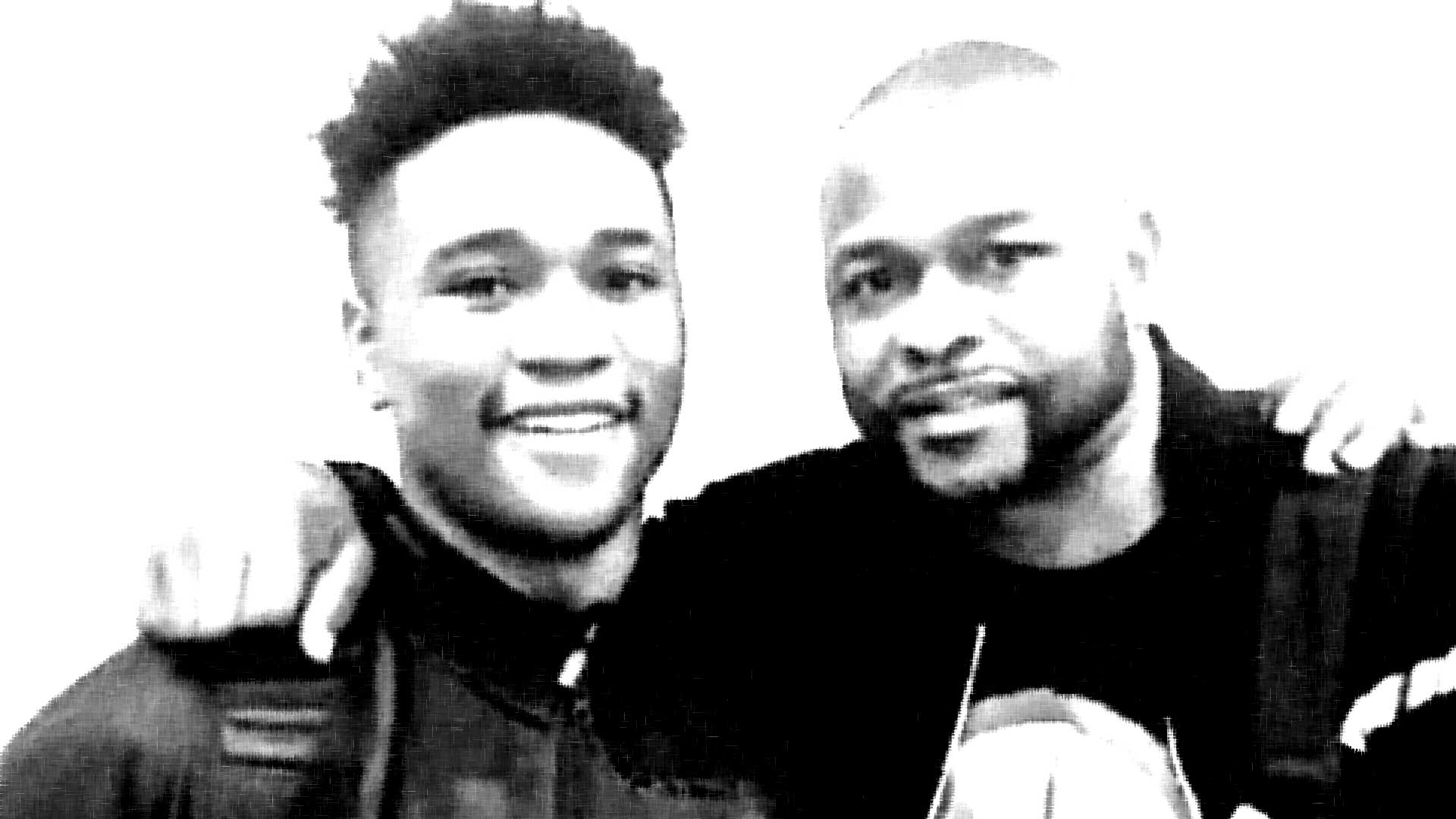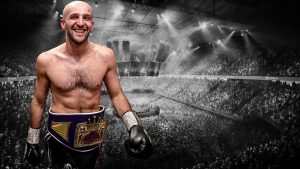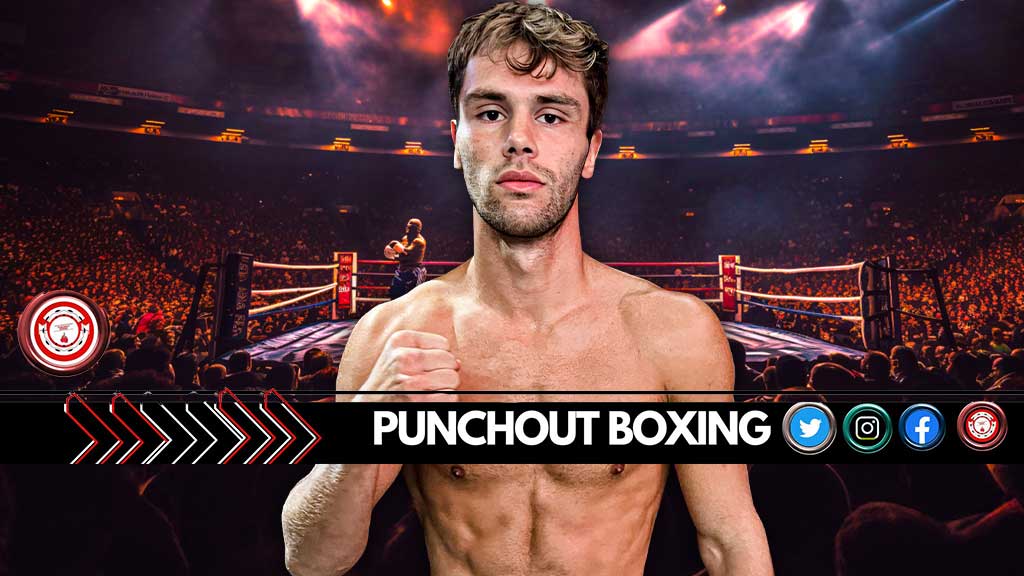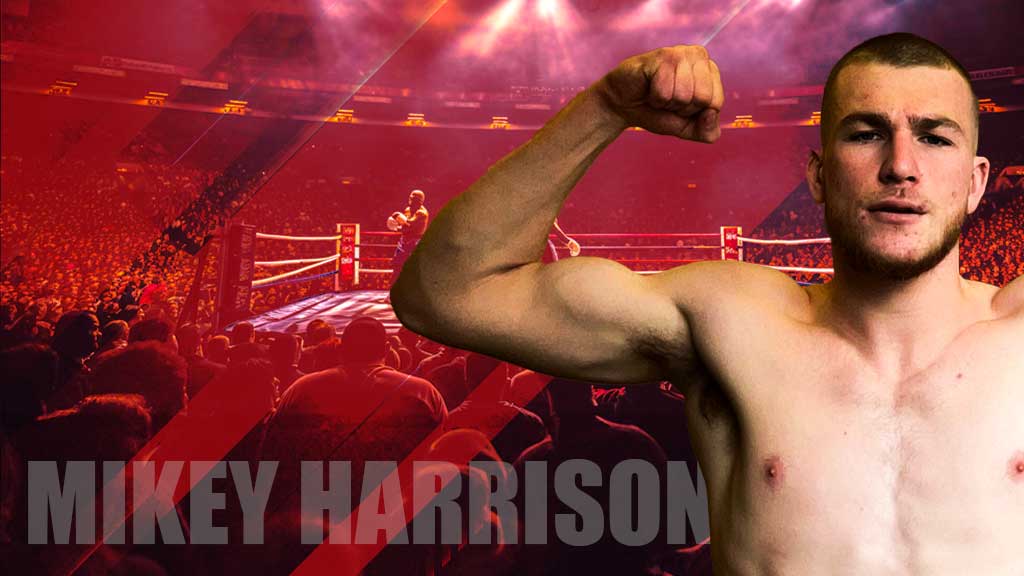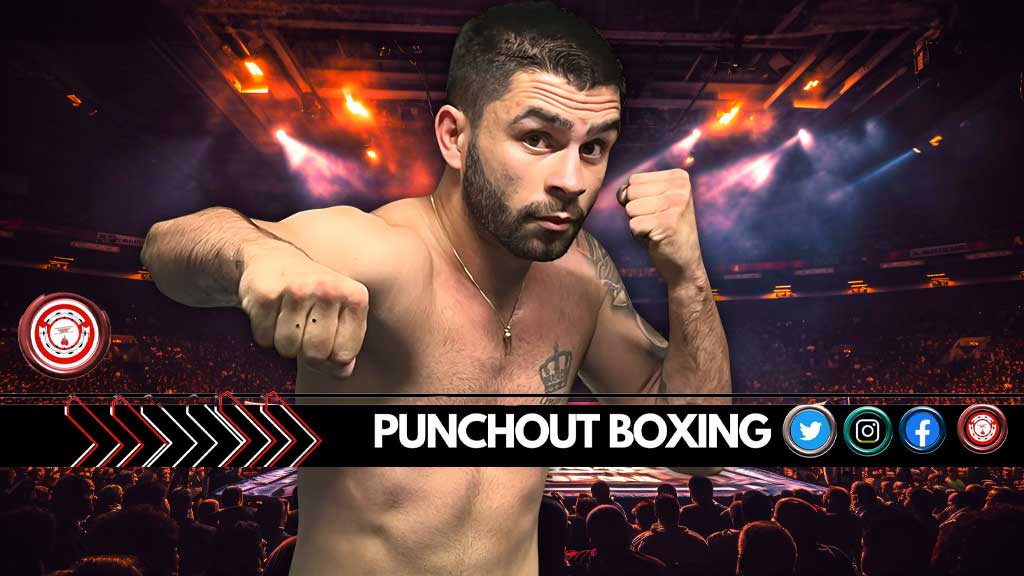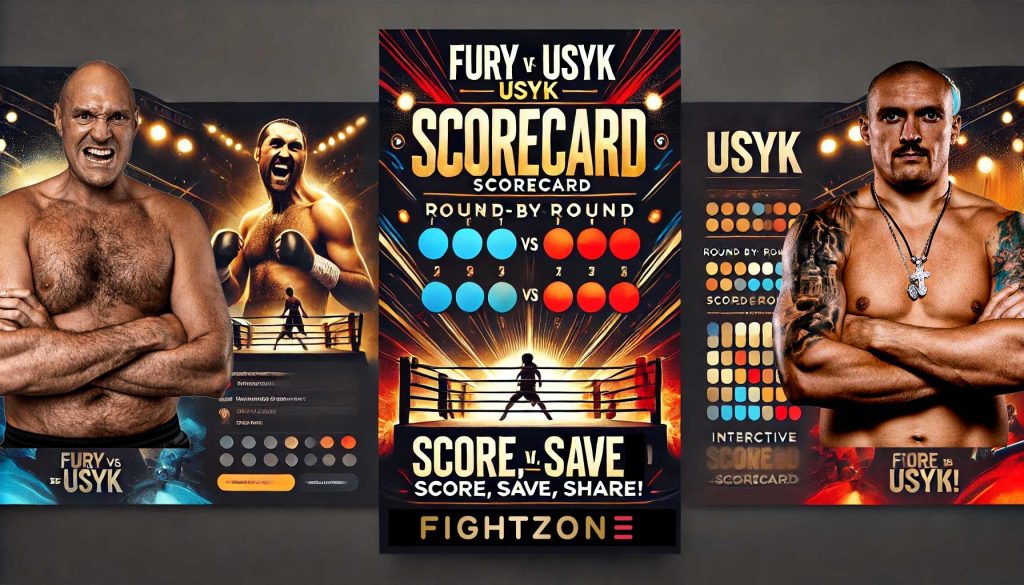Fighters toughest battle, By Mark Harnell – FightZone
This heartfelt conversation was first shared on the DHC Live MergeTV Network YouTube channel. You can watch the full interview here: Roy Jones Jr. Speaks on Son’s Suicide, Family Struggles & Boxing Career | DHC Live.
When people think of Roy Jones Jr., they remember one of the most electrifying fighters to ever step inside a boxing ring. His reflexes seemed superhuman, his speed unmatched, and his charisma undeniable. He was the pound-for-pound king of the 1990s, a man who could glide around the ring with a mix of artistry and brutality, dismantling opponents while entertaining millions. For boxing fans, he was the definition of greatness.
But outside of the bright lights and the belts, Jones is also a father, a man of faith, and a human being who recently experienced the kind of pain no parent should ever have to endure. In a deeply moving interview, the former four-division world champion opened up about the devastating loss of his son to suicide, sharing not just his grief but also his reflections on family, faith, and the hidden struggles many face in silence.
This was not the voice of the flashy fighter who once danced in the ring. This was a father’s voice—broken at times, but filled with courage, honesty, and a desire to help others by telling his story.
“That’s a Fight You Can’t Win”
In the interview, Jones described how no championship fight, no brutal training camp, and no injury could compare to the crushing weight of losing his son. The former champion, who once seemed indestructible inside the ropes, admitted that this was the one battle he could not control.
“You can fight anybody in the world, but you can’t fight that… that’s a fight you can’t win,” Jones said, the weight of his words heavy in the room.
For a man who made a career out of winning the unwinnable, those words revealed the raw helplessness he felt in the face of tragedy. It was not a statement of defeat but of recognition—that some challenges are beyond even the greatest fighter’s reach.
Breaking the Silence Around Mental Health
Jones did not shy away from talking about the importance of mental health. He acknowledged that in sports, particularly in boxing, fighters are conditioned to be warriors, to suppress pain and push through adversity. That culture of toughness, while valuable in the ring, can sometimes leave little room for emotional vulnerability.
He urged parents, friends, and family members to check in on their loved ones, to look beyond the surface, and to listen closely even when everything seems fine.
“Don’t be afraid to check on your kids, your family, your friends. Don’t assume they’re okay just because they look okay,” Jones reminded viewers.
It was a plea that resonated far beyond the world of boxing. Suicide, he stressed, is not only a tragedy for one family but a silent epidemic that society must confront with compassion and awareness.
The Role of Faith and Family
Throughout his career, Roy Jones Jr. often spoke about God guiding his path, and in his darkest moments, faith has become even more central to his life. He explained how prayer and spiritual reflection helped him endure the days when grief felt unbearable.
But faith alone was not enough. Family has been his anchor. Jones shared how his surviving children and close relatives gave him the strength to carry on, reminding him that while one light had gone out, many others still needed his love and guidance.
“I lean on God and my family because that’s all you got when the world feels empty. Boxing taught me to be strong, but grief teaches you to be humble. You can’t fight your way out of this—you have to heal your way through it.”
Boxing as Both a Burden and a Blessing
For some, the ring is just a workplace. For Jones, it has always been a sanctuary. Even in the wake of tragedy, boxing remains a part of his life—not as an escape, but as a reminder of who he is and the values he carries.
He admitted that continuing to work in boxing after such a personal loss has been both painful and healing. On one hand, the sport constantly reminds him of the days he could share victories with his son. On the other, boxing gives him purpose, discipline, and a reason to keep moving forward.
Jones is now more than just a fighter; he is a mentor, a commentator, and a guide for the next generation. He believes that carrying on his son’s memory through his work in the sport is one way of ensuring that the tragedy fuels something meaningful.
Vulnerability From a Legend
Perhaps what makes this interview so impactful is the sheer vulnerability Jones displayed. The man once nicknamed “Superman” admitted that there are battles even he cannot fight alone. In a society where men—especially athletes—are often pressured to suppress their emotions, his openness stands as a beacon for others who may be silently struggling.
Jones explained that if telling his story could save even one life, then it was worth sharing his pain publicly. That willingness to use his platform for good is consistent with the fighter’s career: just as he once entertained fans with his brilliance, he now wants to protect them with his honesty.
A Universal Message of Hope
Roy Jones Jr.’s story is deeply personal, but its message is universal. Every parent fears losing a child. Every family has moments of struggle. Every individual can relate to the need for connection, support, and hope.
Through his testimony, Jones transformed his grief into a message: that we must all take care of each other, listen without judgment, and love without hesitation.
“Life is fragile. You can win all the titles, make all the money, and still lose what matters most. Don’t take it for granted.”
Legacy Beyond the Ring
Roy Jones Jr. will forever be remembered as one of boxing’s all-time greats. His record, his highlight reels, and his influence on future generations of fighters guarantee that. But perhaps his greatest legacy will not be the left hooks or the championship belts. It will be his humanity—the courage to speak openly about his loss and to advocate for mental health and compassion.
By sharing his story, Jones has ensured that his son’s memory will not be defined by tragedy alone, but by the positive change it may inspire in others. He has shown that even heroes can hurt, and that true strength lies not in never falling, but in rising after the hardest fall of all.
Conclusion
Roy Jones Jr. has spent his life fighting, winning, and inspiring. Yet his most powerful lesson comes not from a fight, but from a father’s grief. His story is a reminder that no amount of fame, fortune, or strength can shield us from life’s hardest moments—but love, faith, and openness can guide us through them.
For boxing fans and beyond, Roy’s words serve as both a warning and a source of hope: check in on your loved ones, cherish every moment, and never underestimate the hidden battles people may be fighting.
Roy Jones Jr. has shown us many times what greatness looks like inside the ring. With this raw honesty and vulnerability, he has shown us what true greatness looks like outside of it.
In Loving Memory
This story, and the courage it took for Roy Jones Jr. to share it, is dedicated to the memory of his beloved son, DeAndre Jones
His life, though tragically cut short, continues to inspire through the lessons his father now carries to the world: compassion, awareness, and the importance of speaking openly about mental health.
Through Roy’s words and his determination to help others, his son’s legacy will live on — not only in the hearts of his family, but in the countless lives that may be touched and even saved because of this openness.
